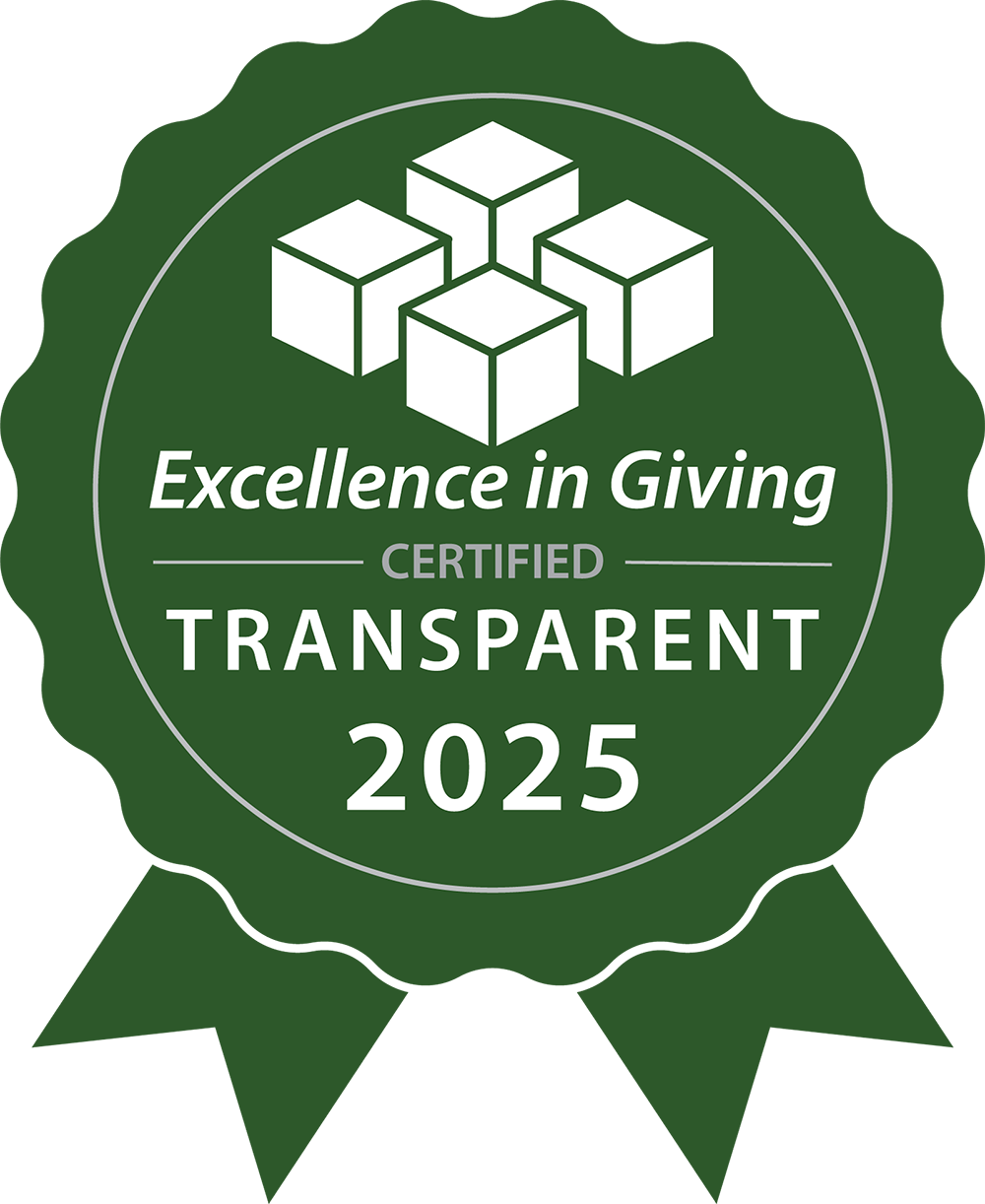Last month, I shared with you how Spoken Worldwide’s Orality training sessions are not your typical workshop experience. In fact, our training workshop experience is nothing like that of a typical business training session.
If you missed that first blog post, you can check it out here.
In this month’s article, I continue to reveal why our approach to training is not only different, but also highly effective for our participants. I’ll share how our trainees are able to retain the knowledge gained from days of training, without writing down any of what they learn. Sounds impossible, right?
Taking a lesson from Grandad…
Before I dive in, let me first take you back to a younger time…when my brothers and I were young, our grandad would take us fishing. He would regale us with little ditties of cultural wisdom, such as, “Pete and Repeat were in a boat. Pete fell out. Who was left?” To which we would call out in unison, “Repeat!” And he would…over and over again, to our giddy joy and eventual agony. He wouldn’t stop until we cried out, “Grandad, we know who is in the boat! STOP!”
It’s been more than 5 decades since we experienced those quirky memorable moments with Grandad, but the full experience is still lodged in our collective memories. Behind this enjoyable throwback is actually a science of learning which will help us understand more of how Spoken’s Coaching Team trains Oral Learners who do not rely on written communication.
Trainers become Storytellers
In our first article, we introduced the concepts of immersive, communal, interactive storytelling. During the Spoken workshops, the Trainers model all of the behaviors and skills which are desired to be transferred to the participants. If you’re quick on your mental feet, you’ve already surmised that this means that the Trainers do NOT use notebooks to aid in teaching, nor do they use PowerPoints or even a structured lecture. Instead, the Trainers become Storytellers and Facilitators, who are, as the idiom expresses, a ‘Guide on the side, rather than a Sage on the stage.’
The mere presence of a Trainer’s notebook would send a message that the participants need a notebook – that the notebook is vital to recall all the content, it’s order and pertinent lessons.Not true – even though the felt need and perception of thinking a notebook is needed is REAL for some of the participants.
For the Spoken Orality training workshops, the Trainers have committed to memory all that will be shared for each day of the training. Again, sounds impossible, right?
Allow me to illustrate.
Our minds are the raw material from which computers were first imagined. While computers today may have exceeded some functions of what our minds can readily do based on speed, the basics are still the same. Memories are stored in our minds in ‘chunks.’ ‘Chunks’ is a highly scientific term by the way. Each chunk consists of a piece of content which was learned in a specific way, at a specific time, and often reviewed. A combination of chunks provides a longer string of content. This process of learning small chunks of information firmly locks content into our long-term memory.
Before I lose you with science, may I ask you to simply think about how you first learned the English alphabet? Did you just sing the little ditty? Of course, you did! Most adults still cannot simply say the alphabet because the sing-song version is so deeply embedded. When I share this in live seminars in North America, smiles of acknowledgment and a few blushes spread across the room. It’s nothing to be embarrassed about, rather it’s proof of how our minds function.
We use this undeniable, God instilled, internal processing function when we model Oral Storytelling.
We show them what we expect, through visual demonstrations of the content.
They then hear and see the content being delivered.
They repeat the story immediately and then hear it again with intentional mistakes which reinforce the correct story.
Students become Teachers
The entire group immerses themselves into a collaborative discovery of the story. There are no outside resources required or allowed, as participants are guided into delving deep into the various facets of the story. The Trainer has switched roles from Storyteller to Facilitator and they only use questions to guide the group discussion. All of the answers, observations and amazing insights are spoken by the active participants. The Students have become the Teachers.
Story has a way of inviting us into its world. Immersive, interactive guided discovery combines learning, instant repetition, live experience, and personal observations. All of this heightens the oral learning experience, which also begins embedding the truths and treasures from the story into the memories of the participants.
I often encounter people who may not remember my name (which is perfectly okay) yet they vividly remember which story I told and many of the things they learned from that story, even several years after the initial experience. It is fun to see in their eyes and hear in their voices, the excitement they relive, even as they recall the story we shared together.
If you are taking mental notes, you’ve realized several terms have been emphasized in this written article. This too was intentional to help you internalize a little of what is experienced in Spoken’s Orality Coaching sessions. More on how this is reproduced to other leaders will be shared in my final blog article in this series, which will post next month. I look forward to sharing the final piece!
~ Dr. Ray Neu, The Story Doctor
The Story Doctor & Director of Orality Coaching, Spoken Worldwide
How You Can Pray:
Please pray that Spoken Worldwide is able to continue holding trainings that help local leaders communicate Truth in a way that is most relevant to those attending.
Interested in joining the Spoken Worldwide team? Check out our Employment Opportunities.



